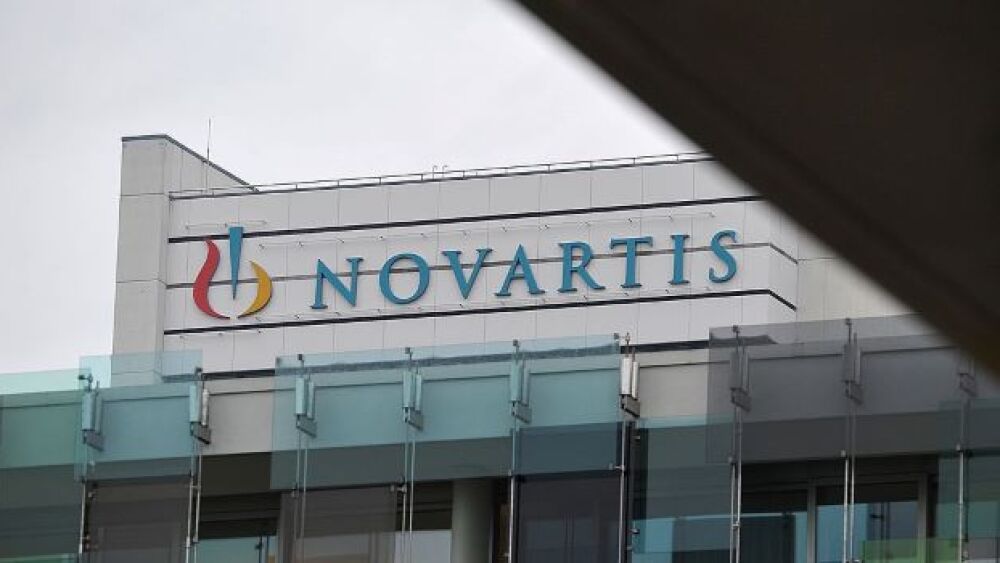Novartis announced on Thursday that it will be temporarily and voluntarily suspending the production of its cancer therapeutics Lutathera and Pluvicto at facilities in Italy and New Jersey.
Courtesy of Harold Cunningham/Getty Images
Novartis announced on Thursday that it will be temporarily and voluntarily suspending the production of its cancer therapeutics Lutathera and Pluvicto at facilities in Ivrea, Italy and Millburn, New Jersey. The company has taken this action out of an “abundance of caution” as a result of a potential quality control issue identified in its manufacturing process.
The suspension will affect commercial and clinical trial supplies. The company will not be delivering Lutathera to the U.S. or Canada and will not be delivering Pluvicto to the U.S. Novartis anticipates that some doses of Lutathera will be available in Europe and Asia from its production site in Spain, although delivery delays are expected.
Clinical trials evaluating both therapeutics will also be put on a temporary hold while the manufacturing issue is being investigated and resolved. Novartis stated that there is currently no indication of any risk to patients who have been previously dosed with therapeutics from either site and it has notified treatment sites to closely monitor patients who have been injected. Additionally, the company expects that it will resume supply within six weeks after health authority investigations.
Novartis is likely disappointed to be suspending its supply of Pluvicto which was only just recently granted U.S. Food and Drug Administration approval in March for treatment of progressive, PSMA-positive metastatic castration-resistant prostate cancer. Pluvicto is a radioligand therapeutic which is a type of precision cancer treatment that binds to malignant target cells and energy emissions from the radioisotope destroy the cancerous cells.
In clinical trials, the therapeutic plus standard of care produced a 38% reduction in risk of death and the risk of radiographic disease progression compared to standard of care alone. At the time of the FDA approval announcement, Novartis had stated that it intended to get doses distributed to physicians within weeks.
Lutathera, on the other hand, has been available for physicians’ use since January 2018 when the FDA granted its approval for the treatment of gastroenteropancreatic neuroendocrine tumors (GEP-NETs), cancerous tumors that affect the pancreas or gastrointestinal tract. Patients taking Lutathera typically receive one injection every eight weeks for a total of four injections. It is not certain at this time how patients in active treatment may be affected by the supply chain issues.
Novartis has several ongoing clinical trials using both Pluvicto and Lutathera that will be impacted by its manufacturing issues. Currently, Pluvicto is being studied in two Phase III clinical trials, one which is focused on patients with metastatic hormone-sensitive prostate cancer and another that is focused on patients with metastatic castration-resistant prostate cancer, pre-taxane.
Lutathera is currently being evaluated in four ongoing clinical trials, three of which are in Phase II. The Phase II trials cover a variety of indications including glioblastoma, GEP-NETs in pediatric populations and as a first-in-line treatment for extensive-stage small-cell lung cancer. The therapeutic is also being investigated in a Phase III clinical trial for first in line GEP-NETS that are Grade 2 or 3.





